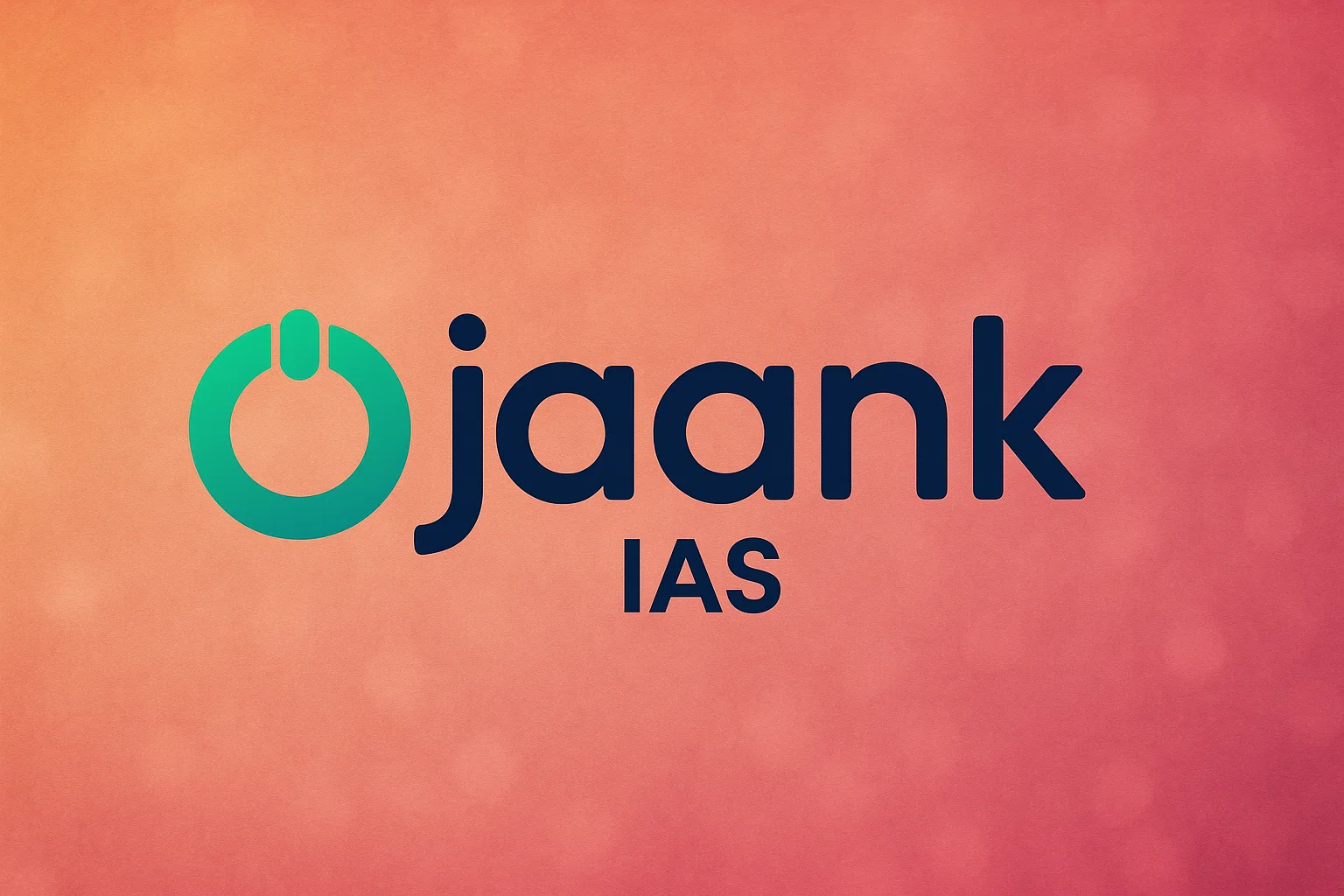The Rising Problem of Urbanization in India

Urbanization is a significant global phenomenon that has been transforming the face of India for decades. It refers to the increasing proportion of the population living in urban areas as compared to rural regions. India, like many other developing countries, has experienced rapid urbanization over the years. While urbanization offers numerous opportunities and benefits, it also brings along several challenges and problems. In India, the rising problem of urbanization has become a matter of great concern due to its impact on various aspects of society, economy, and environment.
One of the primary consequences of urbanization in India is the tremendous population shift from rural to urban areas. Rapid industrialization, better job opportunities, and improved living standards attract people from villages to cities, leading to an increase in urban population density. As a result, urban areas face an enormous burden of providing essential services like housing, sanitation, healthcare, and education to a vast number of people. The inadequate provision of these services leads to slum formation and the growth of informal settlements, contributing to social inequality and urban poverty.
Another significant issue resulting from urbanization is the strain on urban infrastructure. The existing infrastructure in cities was often designed to cater to a smaller population, and the sudden influx of people puts immense pressure on resources like water supply, sewage disposal, public transportation, and electricity. This leads to congestion, traffic jams, and environmental pollution, further impacting the quality of life of urban dwellers.
Unplanned and haphazard urban growth is a byproduct of unchecked urbanization in India. The lack of proper urban planning and governance has resulted in the spread of urban sprawl, where cities expand chaotically without considering the ecological and environmental consequences. This has led to the encroachment of green spaces, destruction of natural habitats, and increased vulnerability to disasters like floods and landslides.
The rising problem of unemployment is another challenge posed by urbanization. While many rural migrants move to cities in search of better job prospects, the rapid pace of urbanization cannot always generate enough employment opportunities to accommodate the growing urban workforce. As a result, many people end up in the informal sector, working in low-paying and often exploitative jobs.
Moreover, urbanization has contributed to a growing demand for resources, such as energy and water, putting pressure on the already strained resources of the country. The escalating consumption patterns of urban residents also lead to increased waste generation and add to the burden of waste management in cities.
Furthermore, the issue of social disparity is exacerbated by the rising problem of urbanization. As more people flock to cities seeking a better life, the divide between the rich and poor becomes more pronounced. The availability of basic amenities and access to opportunities is unequal, leading to the creation of pockets of affluence surrounded by areas of deprivation and squalor.
Addressing the challenges posed by urbanization in India requires a multi-faceted approach. Firstly, there is a need for comprehensive urban planning that takes into account the future growth of cities and ensures sustainable development. This involves zoning regulations, investment in public transportation, creation of affordable housing, and preserving green spaces.
Secondly, there should be a focus on skill development and job creation in sectors that can absorb the urban workforce. Encouraging the growth of small and medium-sized enterprises (SMEs) and promoting entrepreneurship can go a long way in tackling urban unemployment.
Thirdly, governance and administration at the local level need to be strengthened to ensure effective implementation of policies and efficient service delivery. Transparency and citizen participation should be encouraged to foster a sense of ownership and responsibility among urban residents.
Furthermore, promoting the concept of "smart cities" can play a vital role in mitigating the adverse effects of urbanization. The integration of technology into urban planning and management can lead to better resource management, improved public services, and enhanced quality of life.
In conclusion, while urbanization in India offers opportunities for economic growth and development, the rising problem of urbanization poses several challenges that need urgent attention. Sustainable urban planning, employment generation, resource management, and social inclusivity are critical aspects that need to be addressed to ensure that urbanization becomes a force for positive transformation rather than a cause for concern. With the right approach and concerted efforts, India can harness the potential of urbanization to create thriving, inclusive, and environmentally sustainable cities.